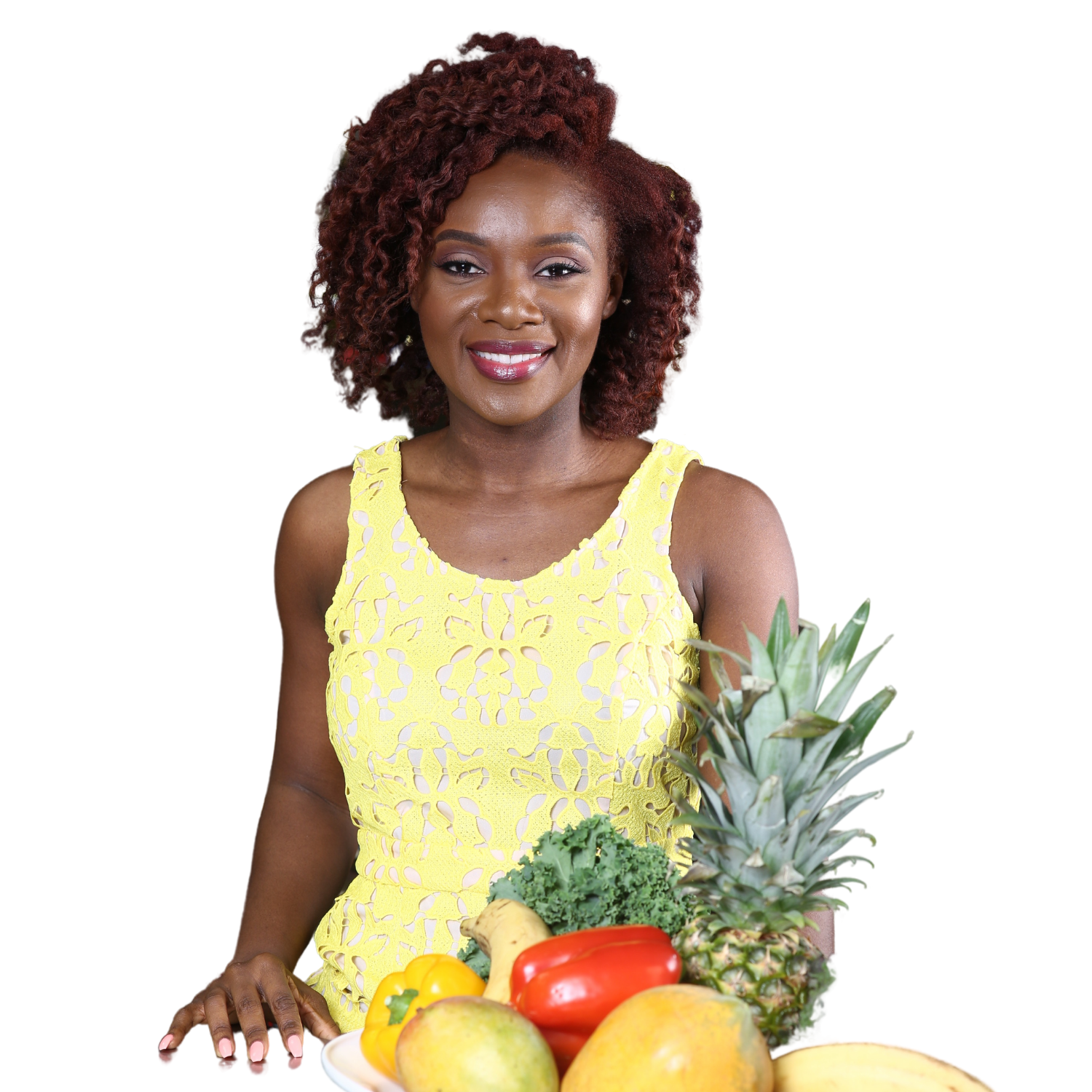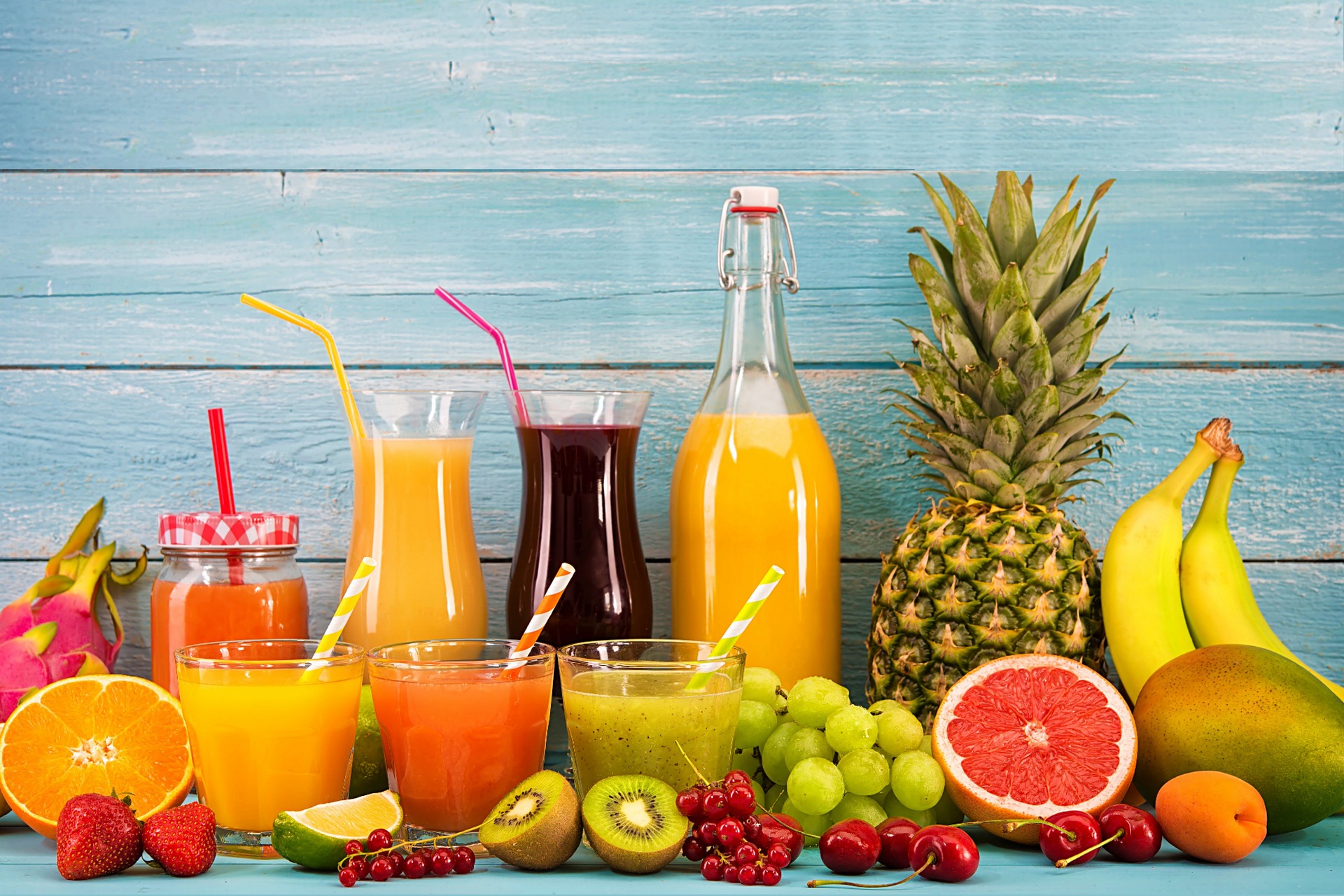In the quest for a healthier lifestyle, many individuals often turn to fruit juices, homemade and store-bought, as a seemingly nutritious choice. However, despite their refreshing taste and perceived health benefits, consuming fruit juices may not be the best for your health.
When it comes to store-bought fruit juices, it’s essential to acknowledge that not all fruit juice brands are created equal. One significant concern lies in the high sugar content present in most commercially available fruit juices. Even when labeled as “100% pure” or “natural,” these beverages often contain concentrated fruit sugars that can contribute to excessive calorie intake and potential weight gain. Consumption of liquids so rapidly may also lead to temporary feelings of fullness and likely to decrease one’s intake of nutrient dense foods.
While juicing at home may allow for more nutrients to be consumed, the process of juicing can strip fruits of essential fibers. Fiber plays a crucial role in regulating blood sugar levels and promoting digestive health. When fruit is juiced, it loses much of its fiber content, causing a faster spike in blood sugar levels. This can be particularly problematic for individuals with conditions such as diabetes.
Understand that whole fruits ARE healthy and should be consumed multiple times a day as they offer a plethora of vitamins, minerals, and antioxidants. The juicing process is where you are sacrificing some of these nutritional benefits. Whole fruits also contain phytochemicals and antioxidants that may not be present in the same concentration in their juiced counterparts.
Fruit juices may be appealing to some as a healthy beverage option, but it should be approached with caution. It is not a convenient way to boost your fruit intake as they are typically high in sugars and lacking in fiber. The best option is to consume whole fruits, add whole fruits to a high-powered blender and blend the fruits to your liking or add whole fruits to your smoothies which will allow for a more balanced consumption of essential nutrients while minimizing the negative impacts associated with fruit juice consumption alone. Making informed choices about your beverage intake is a key step in achieving a well-rounded and health-conscious lifestyle.

Johane M. Filemon
Johane M. Filemon, MS, RDN, CLT is a Registered Dietitian Nutritionist and media contributor with over 15 years of experience in the field of Nutrition. She holds bachelor’s degrees in Exercise Science and Dietetics, and a master’s degree in Food and Nutrition Science. Her practice Wonderfully Nutritious Solutions is focused on helping others reverse chronic inflammation by utilizing functional and holistic nutrition. She believes that a healthy lifestyle should be inclusive of culture and not one-size-fits-all. She is the mother of 5 young boys whom she loves teaching how to create delicious meals in the kitchen.

